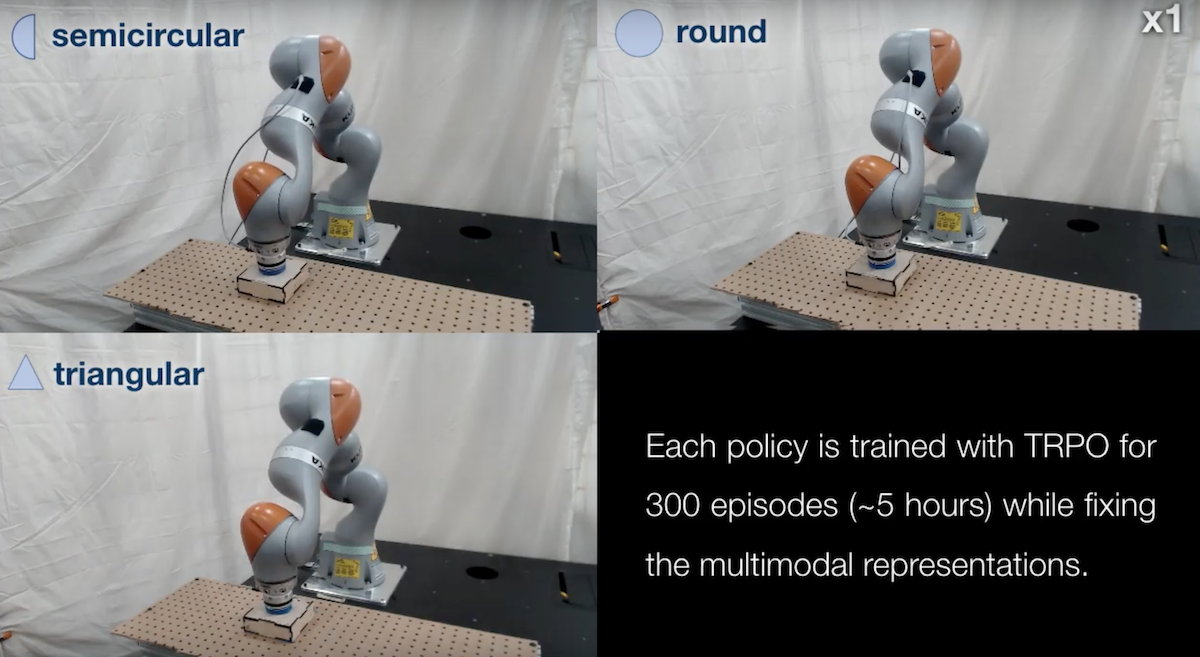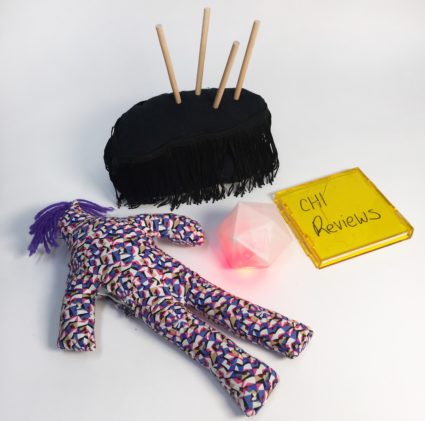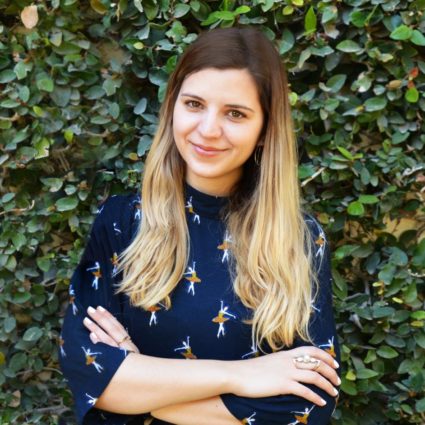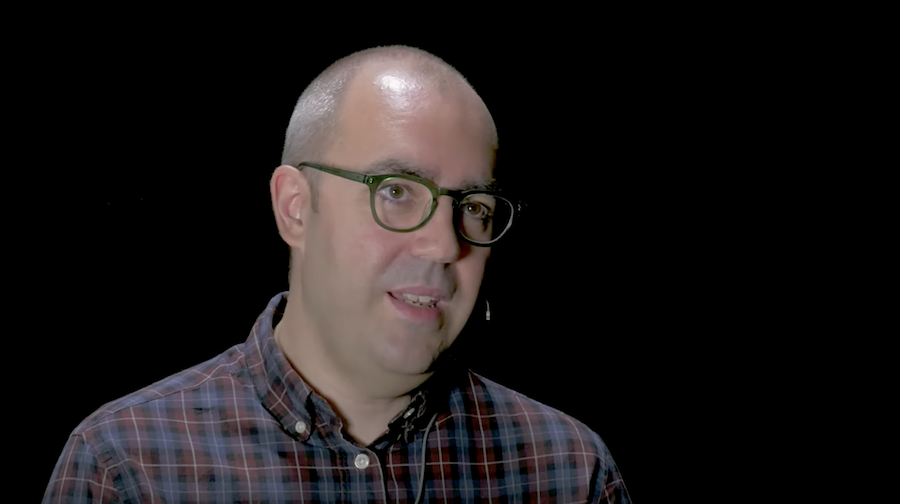What You Need to Know to Work With a Collaborative Robot System
Evolution of Embedded Vision Technologies for Robotics
Will Creating Robots for Space Travel Become More Necessary in the Near Future?
The Power of Adaptive Robotic EOAT
Acura Provides All Access Look into the Performance Manufacturing Center (PMC)
Making sense of vision and touch: #ICRA2019 best paper award video and interview

PhD candidate Michelle A. Lee from the Stanford AI Lab won the best paper award at ICRA 2019 with her work “Making Sense of Vision and Touch: Self-Supervised Learning of Multimodal Representations for Contact-Rich Tasks”. You can read the paper on arxiv here.
Audrow Nash was there to capture her pitch.
And here’s the official video about the work.
Full reference
Lee, Michelle A., Yuke Zhu, Krishnan Srinivasan, Parth Shah, Silvio Savarese, Li Fei-Fei, Animesh Garg, and Jeannette Bohg. “Making sense of vision and touch: Self-supervised learning of multimodal representations for contact-rich tasks.” arXiv preprint arXiv:1810.10191 (2018).
Bringing Robotic Surgery to Places Where Others Don’t Want to Go
Why Repeatability and Accuracy are Different in Motion and Positioning Related Applications
Vacuum Technology for the Digital Factory
The Future of Unmanned Operations in Harsh Environments Requires Innovation
Robots in the Vineyard
Successful AirBox Drone Delivery Tests Conducted in Antigua
#291: Medieval Automata and Cathartic Objects: Modern Robots Inspired by History, with Michal Luria

In this episode, Lauren Klein interviews Michal Luria, a PhD candidate in the Human-Computer Interaction Institute at Carnegie Mellon University, about research that explores the boundaries of Human-Robot Interaction. Michal draws inspiration from the Medieval Times for her project to test how historical automata can inform modern robotics. She also discusses her work with cathartic objects to support emotional release.
Michal Luria
 Michal Luria is a PhD candidate in the Human-Computer Interaction Institute at Carnegie Mellon University, advised by Professors Jodi Forlizzi and John Zimmerman. Michal’s research centers on exploring alternative ways for humans to interact with agents and social robots. Prior to her PhD, Michal studied Interactive Communication at the Interdisciplinary Center Herzliya in Israel.
Michal Luria is a PhD candidate in the Human-Computer Interaction Institute at Carnegie Mellon University, advised by Professors Jodi Forlizzi and John Zimmerman. Michal’s research centers on exploring alternative ways for humans to interact with agents and social robots. Prior to her PhD, Michal studied Interactive Communication at the Interdisciplinary Center Herzliya in Israel.
Links
- Download mp3 (17.5 MB)
- Subscribe to Robots using iTunes
- Subscribe to Robots using RSS
- Support us on Patreon
Robots in Depth with Federico Pecora
 In this episode of Robots in Depth, Per Sjöborg speaks with Federico Pecora about AI and robotics. Federico Pecora is Associate Professor in Computer Science at the Center for Applied Autonomous Sensor Systems at Örebro University, Sweden.
In this episode of Robots in Depth, Per Sjöborg speaks with Federico Pecora about AI and robotics. Federico Pecora is Associate Professor in Computer Science at the Center for Applied Autonomous Sensor Systems at Örebro University, Sweden.